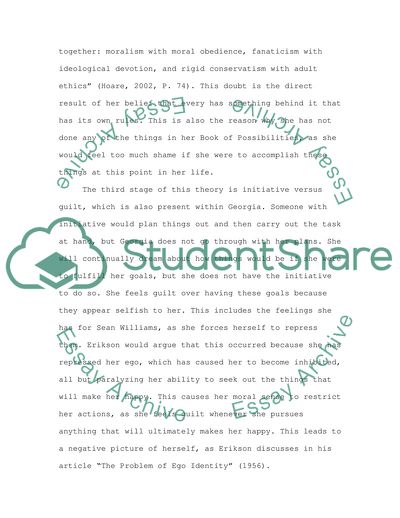Cite this document
(Character Development in Last Holiday Movie Review, n.d.)
Character Development in Last Holiday Movie Review. https://studentshare.org/psychology/1710229-last-holiday
Character Development in Last Holiday Movie Review. https://studentshare.org/psychology/1710229-last-holiday
(Character Development in Last Holiday Movie Review)
Character Development in Last Holiday Movie Review. https://studentshare.org/psychology/1710229-last-holiday.
Character Development in Last Holiday Movie Review. https://studentshare.org/psychology/1710229-last-holiday.
“Character Development in Last Holiday Movie Review”. https://studentshare.org/psychology/1710229-last-holiday.


